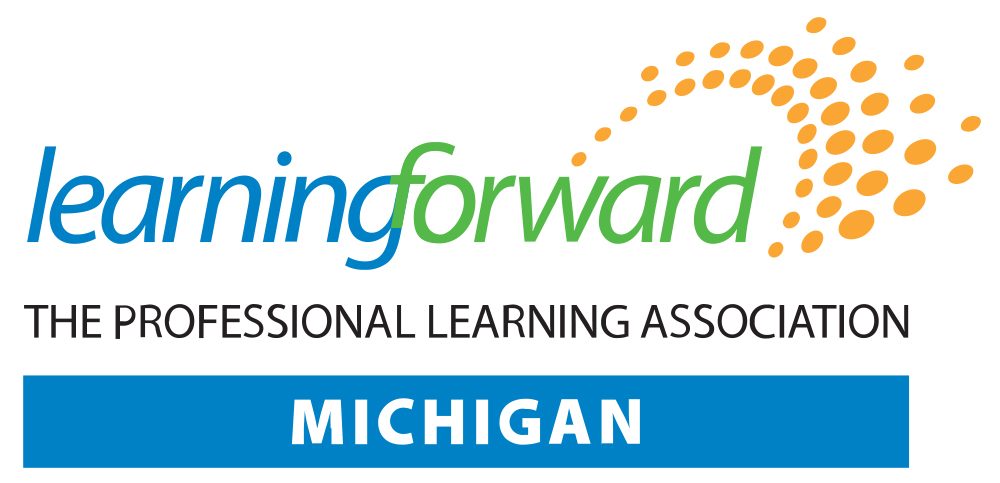When Education-ese is a Good Thing
by Lauren Childs, President, Learning Forward Michigan
One of the joys of classroom teaching are moments when I hear a learner (young or old) offer a description to others, using language that reflects collective growth for our profession. The learner is focused on articulating a personal reflection or sharing an experience through story. Often, however, I am also focused on his or her choice of words as a mirror to how our professional learning is created, nurtured, and expanded. Here are three examples that come to mind:
“One of our school-wide goals for professional learning next year is…” This teacher-learner is describing to colleagues in a cross-district meeting how she is part of a middle school teacher-led leadership team planning for opportunities the staff will have in the next school year. She is explaining the leadership team’s goal of creating a set of year-long study group options and how each member of the staff will choose to join one. She details how the options were identified from a staff survey and then checked against student performance data in an effort to engage study groups that prioritize educators’ self-identified interests with the immediate needs of the students they serve. She expresses the energy that is buzzing among her colleagues, just from the planning stages—from the opportunity to create their own learning and to seek out the resources that will best support them in supporting their middle-schoolers.
And the joy for me, as her facilitator in the moment, is observing that this teacher may not, and nor might it matter, be cognizant of the recent journey our field is on to move beyond the language of professional “development” to professional “learning.” There has been an intentional shift in our jargon to mark an intentional shift in our collective understanding of the learning that will help teachers truly offer their best teaching to all our students. I know the path is long and the knowing/doing gap is wide, but I find hope in our Michigan Standards for Professional Learning, especially when the content of the Standards seems to pop up in busy teachers’ energized descriptions of what they are looking forward to learning next year. (For more to think about see https://learningforward.org/who-we-are/announcements/press-releases/2015/08/04/from-mirage-to-reality-redesign-professional-learning-to-improve-classroom-teaching#.VyTJrDArLNM)
“So, I have been focused on the way I use questioning in my classroom—and how to shape the kinds of questions students ask one another. Last week, we were in a teacher lab with my department where we read about a typology of questions (Cultures of Thinking Project, Ritchhart, 2009), I realized how many procedural questions I ask—and that they have no impact!” This high school teacher is seated in a seminar describing his insights into how intentionally formulated questions can open up the student discourse in his classroom. He is connecting his use of questions to other instructional moves, which will shape students’ use of questions as tools for deeper thinking and learning.
And the real joy for me, as his teacher for that day, is hearing him articulate what he is learning about his practice and moreover, observing him reference being in a teacher lab with his department colleagues, as if that kind of professional interaction was the typical way all high school teachers engage in improving their practices. My own journey with “teacher lab” learning has been a long one: from a university research study group, to a small emergent project in one school, to hosting a network of teacher leaders who design, facilitate, and advocate for this specific format for teacher learning. It is a mile marker for all of us when a teacher speaks of lab learning as context, not innovation, in order to illuminate his own growth as a practitioner. (For more information on lab learning, explore: https://issuu.com/communicationsos/docs/jobembeddedproflearning_2_14_14_e2bd61c28fed17)
“You know, your story about giving feedback during a lesson reminds me of last week when I asked my team-mate to come in and watch my lesson to help me think about my own feedback moves, and he noticed….” This teacher, participating in a formative assessment workshop series, is focused on articulating a connection she is making between another teacher’s description of providing effective feedback and her own practices. She is focused on linking her understanding of specific information about her own instruction, provided by a grade-level colleague last week, to information a workshop participant is now sharing about the supportive moves a teacher can make inside of a lesson to give students effective feedback on their thinking. She makes visible, in this moment, both her grappling and her excitement for bringing these insights together and exploring her own deeper understanding of feedback in instruction.
And, the real joy for me, as mentor to the group, is bearing witness to the culture of privacy slowly melting away. This teacher’s description of seeking collegial feedback on her instructional feedback with students is thickly layered and laden with education-ese for observation, data, and new findings. Yet, her language suggests markings of powerful cultural transformation. I have long kept in clear focus Judith Warren Little’s argument that teaching’s culture of privacy and isolation is the greatest barrier to school improvement. (See for example, The Persistence of Privacy: Autonomy and Initiative in Teachers’ Professional Relations. Little, Judith Warren Teachers College Record, v91 n4 p509-36 Sum 1990) Indeed, my own professional engagement the past twenty years has centered on helping teachers’ make our practices public to one another for the expressed purpose of improving those practices collectively. When I hear a teacher casually refer to inviting a colleague in for observation and dialogue as a resource for her own learning—well, my heart sings that there is a crack in the persistence researchers have lamented for too long. Then, I listen further to what the teacher is learning because of it—and my mind soars with all we need to do to create this culture of collaborative learning for all teachers.
The challenge we have—the challenge of Education-ese—is that we must always check for shared meaning and shared understanding. What does professional learning mean to you? How is this standard being interpreted? What are the structures and norms for what you describe as lab learning? How do you engage in collaborative dialogue about observed instruction? Language matters and pursuing it is worth it. It spurs me on to hear educators’ use of labels, phrases, descriptors of practice in ways that reflect growth in our learning to learn for other learners.

Our Vision
Equity and excellence in teaching and learning.
Our Mission
Learning Forward Michigan builds the capacity of leaders to establish and sustain highly effective professional learning.
Standards and Impact
Supports the implementation of standards and examines evidence to strengthen and document the impact of professional learning.
Leadership and Practice
Builds the capacity of its members, clients, partners, and staff to establish and sustain effective professional learning.
Advocacy and Policy
Advocates for policies and practices that strengthen the field of professional learning.

